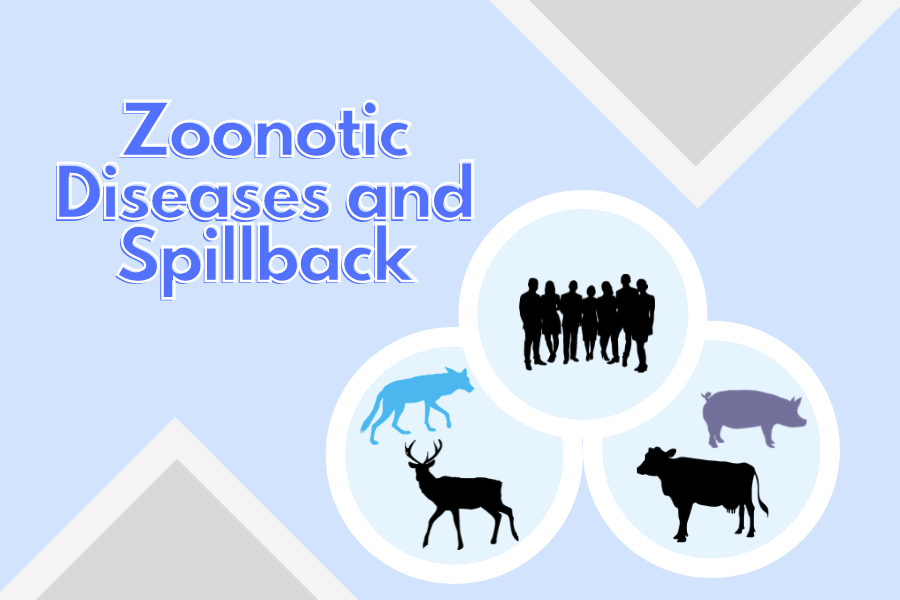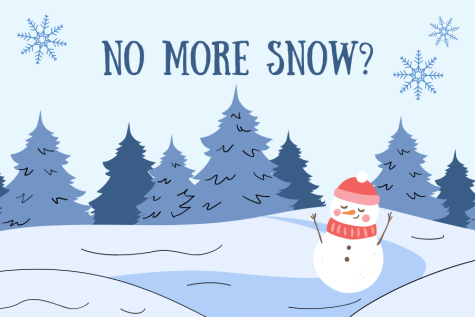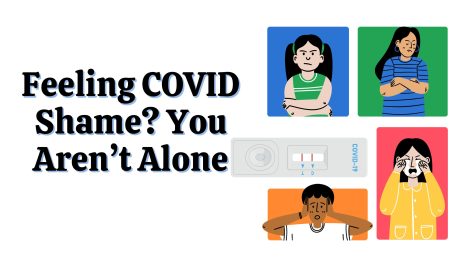Zoonotic Diseases: A Grim Reflection
Deep breath in. The acrid stench of donkey manure fills your lungs. At least it’s warm. As a 12th century French peasant, the best way to avoid the harsh cold is by sleeping next to your dear ânesse. It’s an easy trade-off to make: death or the smell of excrement. The next morning, you discover pus-filled lesions and crusty scabs pockmarking your body. Your family insists that these ailments are byproducts of your lack of devotion, so you mutter a Hail Mary underneath your breath. After your only meal of the day, a piece of stale bread and cheese, you open the door to your quaint abode to get a breath of unfecalized air… and bam, you drop dead.
What went wrong so wrong, so quickly? Was it something you ate, random chance, or were you truly being punished for your Earthly sins? In actuality, your demise was spelled out D-O-N-K-E-Y. Your precious burro passed on a case of dermatophilosis during one of the many nights you spent sleeping in close quarters. Without antibiotics, your chances of survival were slim at best. It’s a good thing that your parents had fifteen other children to fill the void created by your passing.
It seems as though the spread of zoonoses, better known as zoonotic diseases, is a symptom of the human transition towards agriculture. In fact, the most troubling pandemics in human history have resulted from various bacteria and viruses jumping the transition barrier. The bubonic plague was transmitted by fleas living on rodents, the Spanish Flu was caused by an avian virus known as H1N1, and COVID-19 is thought to have been spread to humans through civet cats.
The reality of the situation is that humans are increasingly eager to pin the blame on an animal than they are to self evaluate the conditions which facilitate disease spread. For the countless zoonoses that have and will continue to plague us, unsustainable practices can be identified as the root cause of rapid and widespread proliferation. From the comfort of our reclining chairs and plasma television sets we can say that it was the unsanitary practices of “Oriental” wet markets that caused the global pandemic, but that would completely ignore the potential for antibiotic-indulgent operations on American industrial farms to yield the same issues. But there’s no need to panic; surely MRSA is just a slightly worse cold…
Sources:
Gorman, James. “How Mink, like Humans, Were Slammed by the Coronavirus.” The New York Times, The New York Times, 23 Dec. 2020,
https://www.nytimes.com/2020/12/23/science/covid-mink-animals.html.
Lytras, Spyros. “The Animal Origin of SARS-COV-2 – Science.org.” Science, 17 Aug. 2021, https://www.science.org/doi/10.1126/science.abh0117.
“Zoonotic Diseases.” Centers for Disease Control and Prevention, Centers for Disease Control and Prevention, 1 July 2021, https://www.cdc.gov/onehealth/basics/zoonotic-diseases.html.






